Growing Green, Giving Back
Corporate Social Responsibility (CSR) is the backbone to all of our key business strategies. Our commitment to communities, the environment and the green assets we manage is reflected in our practices.
Our core commitments of developing staff from within, creating partnerships with our clients, being respectful to the natural environment and having directly-employed environmental, conservation and biodiversity specialists means we have an embedded culture of respect in every facet of our business.
We have developed a strong collaborative ethos throughout all aspects of our business, working collaboratively with our client organisations as well as with our invaluable suppliers.
Our supply chain
We have developed strong collaborations with our national and local suppliers, with relationships based on mutual trust, team work and reliability. Our supply chain is particularly critical during contract mobilisation periods, times when our long term relationships are both tested and rewarded. We can rely on our supply chain to engage with us by offering the best advice and service and we can be relied upon to be loyal long term business partners.
Our client organisations
We have developed a collaboration model which all of our contracts work from based on:
A commitment to improving current service quality
A commitment to service sustainability
An understanding of each other’s expectations and values
A relationship based on openness and trust
Shared knowledge, expertise and resources
A public service ethos combined with commercial edge to develop a cost effective quality service
Shared risk
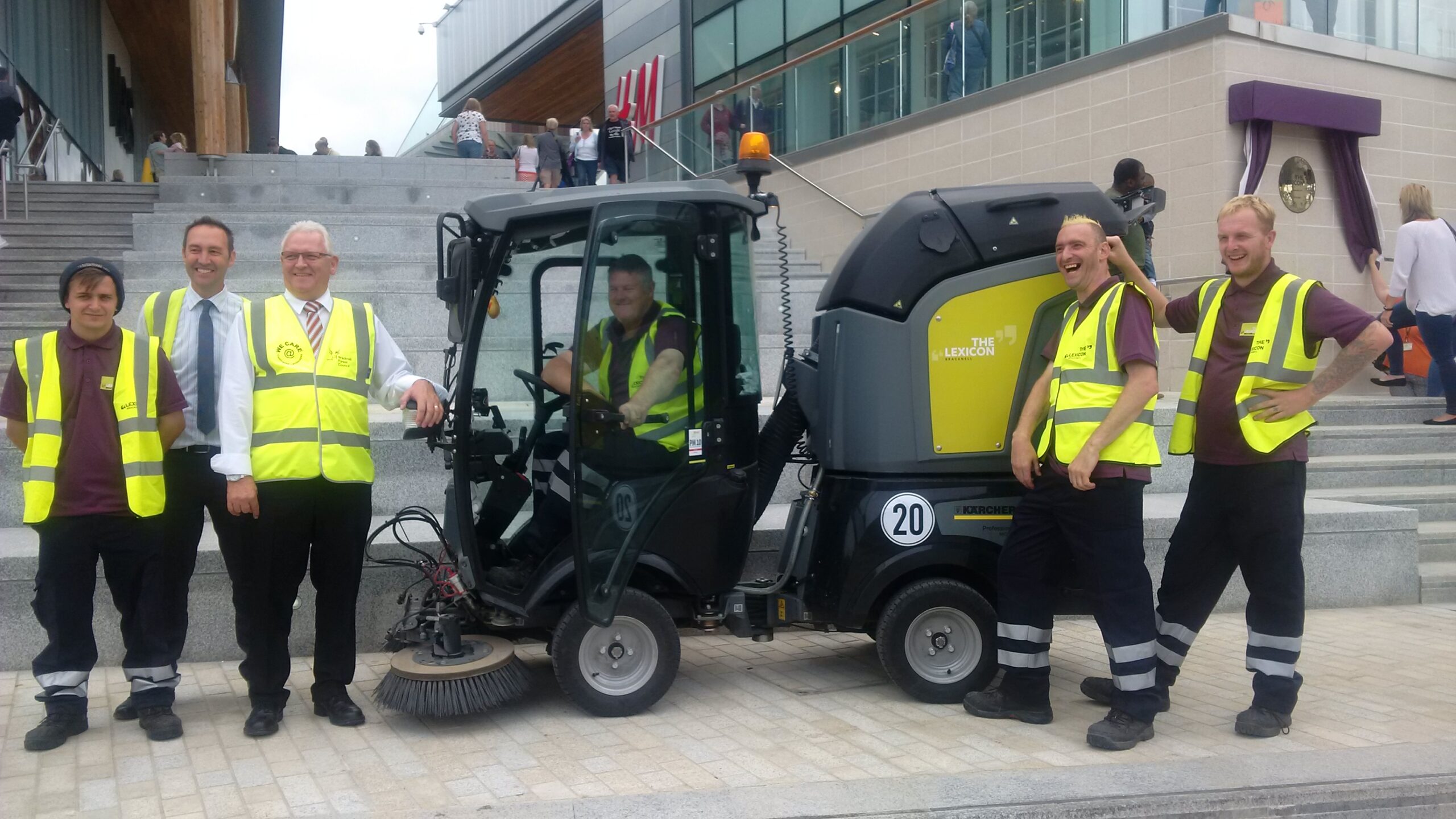
Low Carbon Initiatives
Being a high user of vehicles, generally in an urban environment, Continental Landscapes has an active policy of transport review to ensure the most sustainable approach is taken wherever possible to our transport operations. We are positive advocates of car sharing as an excellent way to approach sustainable mobility, avoiding waste of fuel and emission release, while contributing to the overall reduction of heavy traffic. We support the uptake of such good practice both at our Head Office and company-wide, where the proximity among employees’ dwellings facilitates the sharing of commuting routes. Our promotion of the Cycle2Work scheme also contributes to our endeavour, offering employees the opportunity to hire-purchase a bike at competitive prices for commuting to work. As well as reducing our indirect carbon emissions the scheme also promotes healthy living. We advocate the use of on-line conference systems wherever there is not a real need for attendees of meetings or training sessions to be in one physical place. Not only does this practice reduce our carbon footprint, there is a significant reduction in management hours lost to driving.
Integrated Weed Control
We strive to reduce the hazards and risks associated with pesticide use, and look to reduce the variety and type of pesticides we use. We promote an integrated approach to the control of weeds within planted areas, combining cultural methods including manual cultivation and the use of mulches and soil barriers. Following site-based trials, we offer the latest non-chemical weed control methods for hard surfaces including hot foam and hot water, and other heat-based treatments.
For all weed control operations we undertake site-specific risk assessment and a product options evaluation to ensure that all local considerations, including drainage, watercourses, surface type, statutory designations and available resources, are matched with the most appropriate method of control or combinations thereof.
Sustainability Initiatives
Sustainability is a term which has developed a range of definitions over the years. However one of the original definitions is still considered to be the most clear: “Development that meets the needs of the present without compromising the ability of future generations to meet their own needs” (Bruntland Report, 1992). With this in mind we work with our clients to look at a variety of management practices which we can implement to deliver a more sustainable service to the benefit of all:
Sustainable planting: For a number of years we have been advocating the use of herbaceous perennials, shrubs and grasses within parks where there may be budgetary constraints on seasonal bedding. As well as helping to reduce annual expenditure there are also environmental benefits with reduced use of compost, often peat based, and reduced emissions from delivering plants from site to site
Energy efficiency: Continental Landscapes is always striving to improve energy efficiency and reduce waste. We operate under industry-recognised management systems ISO 14001 (Environmental Management) and ISO 50001 (Energy Management), for which we are verified by external auditors
Paper consumption: We are always looking at ways to reduce our paper consumption. We utilise a variety of software systems, including our own bespoke ATAK Management System, to record and store data, as well as allow multiple users to review and edit the same document, minimising the number of copies to print. We have developed a paperless work allocation and monitoring system to enable staff to record their daily activities using mobile devices rather than on paper. We strongly encourage our office staff to print only when necessary, and double-sided and in black and white where possible.

As a successful and sustainable business, our vision is to take a leading role in the stewardship of open spaces by assisting our clients and partners to manage and improve them by protecting, conserving and enhancing biodiversity in a holistic and responsible manner. By investing in this vision we can make an enduring contribution to biodiversity and the environment for the benefit of all. We employ an Environmental Advisor to develop our company approach, culminating in our biodiversity strategy document ‘Together for Nature’. This document provides company-wide guidance on what we are doing to best implement improvements to our business methodologies and contract management techniques.
Conservation Programmes
Conservation of the natural world is of paramount importance. With an ever-growing population, pressure on open spaces is increasing; both in terms of development for housing and community infrastructure and on amenity use of green areas. Habitats are under constant threat from these pressures, as well as increased intensity of farming practices. We have a responsibility as land managers to ensure that the works we carry out for our clients are as ecologically sensitive as possible, and are aware that any green space has the potential to be a refuge for nature.
St. John’s Wood Local Nature Reserve (LNR) is one of the open spaces that we manage, on behalf of the City of Westminster. Westminster is one of the most highly densely populated areas in London; with visitors and workers travelling in, its population swells to over a million people during the day. St. John’s Wood LNR is therefore a vital breathing space in the heart of the city, for both people and wildlife. We manage this space therefore to encourage and support nature. There is a dedicated wildlife area, consisting of mature broadleaf woodland and a mixed species hedge. Within this area we maintain log and habitat piles and have installed bird boxes in the trees.
Further out in the reserve we have made and installed bug hotels, and have wild flowers such as bluebells and wild garlic growing through one of the tree-lined avenues which run through the site. St. John’s Wood is also one of the sites where we compost the green waste from across the contract, helping us to achieve recycling rates of 100% of green waste.
Further afield in Westminster, we have installed a number of wildflower areas in parks across the borough, as well as in our housing areas. In places where wildflower areas would not be appropriate, we have installed subtle habitat features such as bug hotels, bird boxes and loggeries. We have also changed some areas of annual bedding to herbaceous perennial planting, reducing green waste and our carbon footprint, as well as ensuring a better nectar source for pollinating insects.
Together for Nature
Guided by Regional Biodiversity Action Plans created by leading conservation experts, our biodiversity team have created an action plan for every contract we manage. These have the aim of assisting our managers in looking into schemes they can support, which will help their clients meet their legal obligations for reversing the decline of the target species and habitats in their area. Monthly reporting back to the biodiversity team ensures that we are having a continuous and quantifiable positive impact in our clients’ areas.
Activities we have undertaken in the past twelve months for our clients include:
Bulb planting, mini-beast hunts and bird box making with local schools
Wildflower plug planting and seed sowing with gardening clubs
Donation of staff time to Wildlife Trusts
Invasive species removal
School holiday activities including mini-beast hunts for local communities
We also invest in training for our staff to broaden their knowledge and skills to better benefit the works we carry out for our clients and offer advice where appropriate.
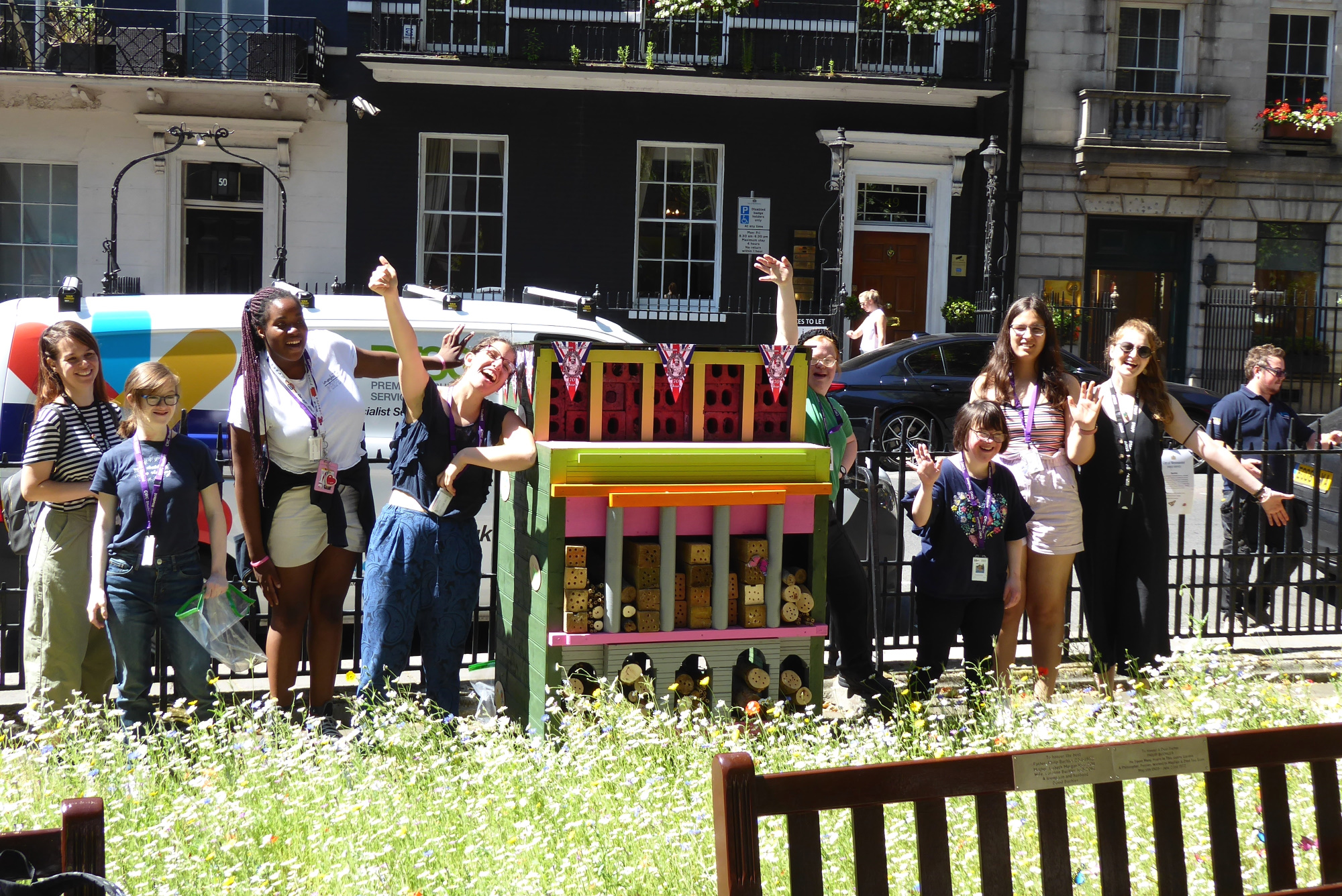
Our commitment to sustainability is demonstrated through the continuous improvement programmes we have in place to monitor and reduce our energy consumption and carbon emissions. We have developed a corporate strategy to focus on those activities which we undertake that have the biggest environmental impacts through energy usage.
We are certified against ISO 50001. Our depots operate against a series of specific targets to ensure that they are fully compliant with the certification as well as striving for continuous improvement through efficiency and resource savings. This programme of continuous improvement has enabled us to affect employee behaviour and culture, empowering our staff to be more self-aware and take responsibility for any actions which have an environmental impact.
A number of initiatives which we have introduced to reduce our energy consumption include:
Review work routes to optimise movements for each contract, thereby maximising efficiency
A machinery replacement programme which replaces existing machinery with newer, more efficient models, which significantly reduce emissions, dust and noise
Increasing the number of toolbox talk hours of training, enhancing awareness of staff with regard to route savings, environmental/energy targets and driving standards
A vehicle purchasing programme to replace all of our commercial fleet with either ECOnetic or stop/start engine vehicle technology
Taking part in the Anti-Idling Campaign, to train people to avoid idling to both reduce air pollution and fuel costs
Introducing cutting-edge lighting and sensor systems at our Head Office to reduce electricity consumption
Significantly changing the way meetings are held, by making extensive use of Skype and other online conferencing software to reduce journeys by managers and co-ordinators, reducing emissions and saving fuel
Promotion of an employee car sharing scheme to be used where practicable
In addition to these achievements we are constantly looking for opportunities to reduce or mitigate our carbon footprint. Such initiatives include:
Seeking to secure 100% of electric energy from green renewable sources. This is being developed in partnership with Kinetic Energy.
Annually calculating our carbon footprint and in order to neutralise it. We plant a proportionate number of tree whips across UK year after year to offset our carbon footprint
The implementation of effective and sustainable energy and carbon management strategy plans has enabled Continental Landscapes to achieve commercial and environmental savings throughout the organisation. Maintaining a minimal environmental impact through the work we undertake is one of the paramount core beliefs of our company.
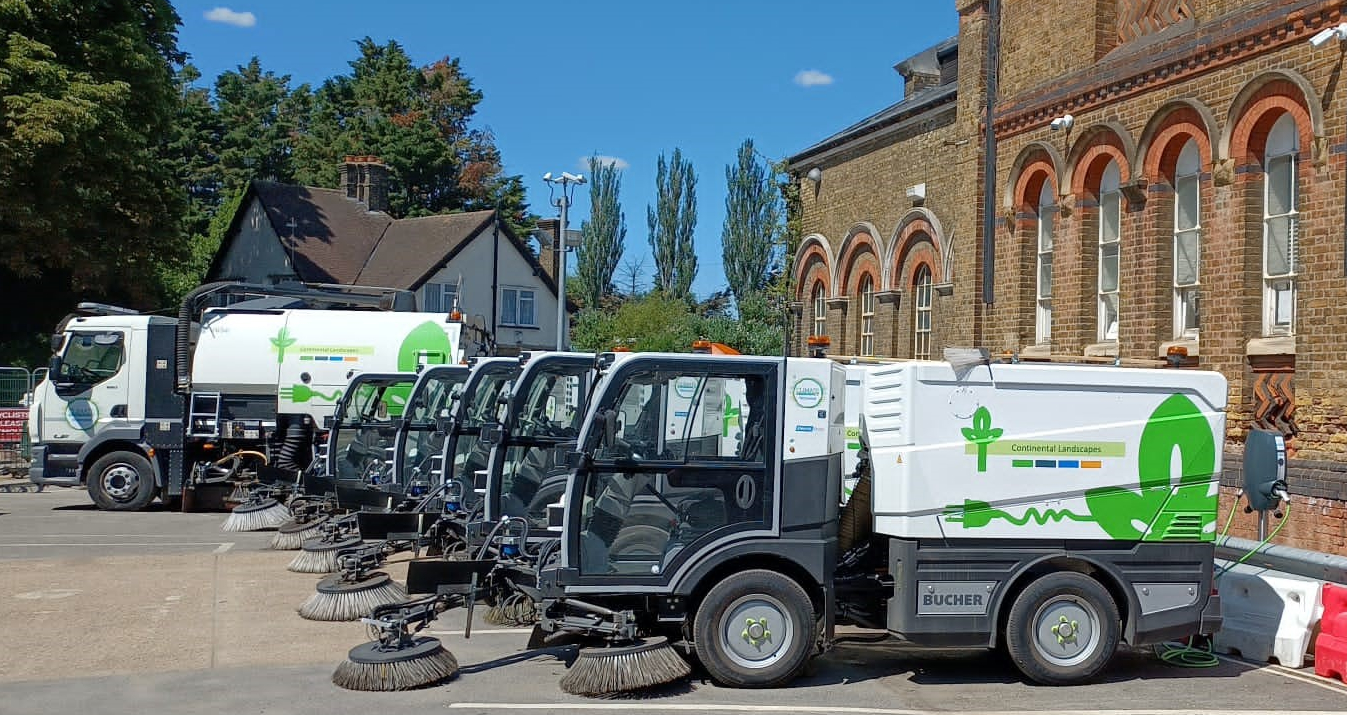
We understand that good waste management is intrinsically connected to good business management and sound environmental practice. Nationally we recycle 100% of our green waste, mainly through composting, and we aim to maximise recycling of any other waste stream generated.
Waste management processes and controls are an intrinsic part of our standard operating procedures, and their implementation benefits the local environment by reducing CO2 emissions and providing a cost effective service.
We have and environmental management system certificated against the ISO 14001 standard, and operate in accordance with ISO 50001 standard for energy saving. In line with these certification processes we are always looking to identify and control our environmental impact which is caused by the carrying out of contractual maintenance activities, which includes the handling and appropriate disposal of waste. Our systems are externally audited and verified, and based on continuous improvement.
We fully understand our duty of care regarding waste management, and ensure that we apply the waste hierarchy to every process that we undertake. As shown in the chart (left) we apply the waste hierarchy by looking at avoiding producing the waste altogether. If this is unachievable, the next stage is considered. The process continues until an appropriate method of control is found, with disposal to landfill being the very last option.
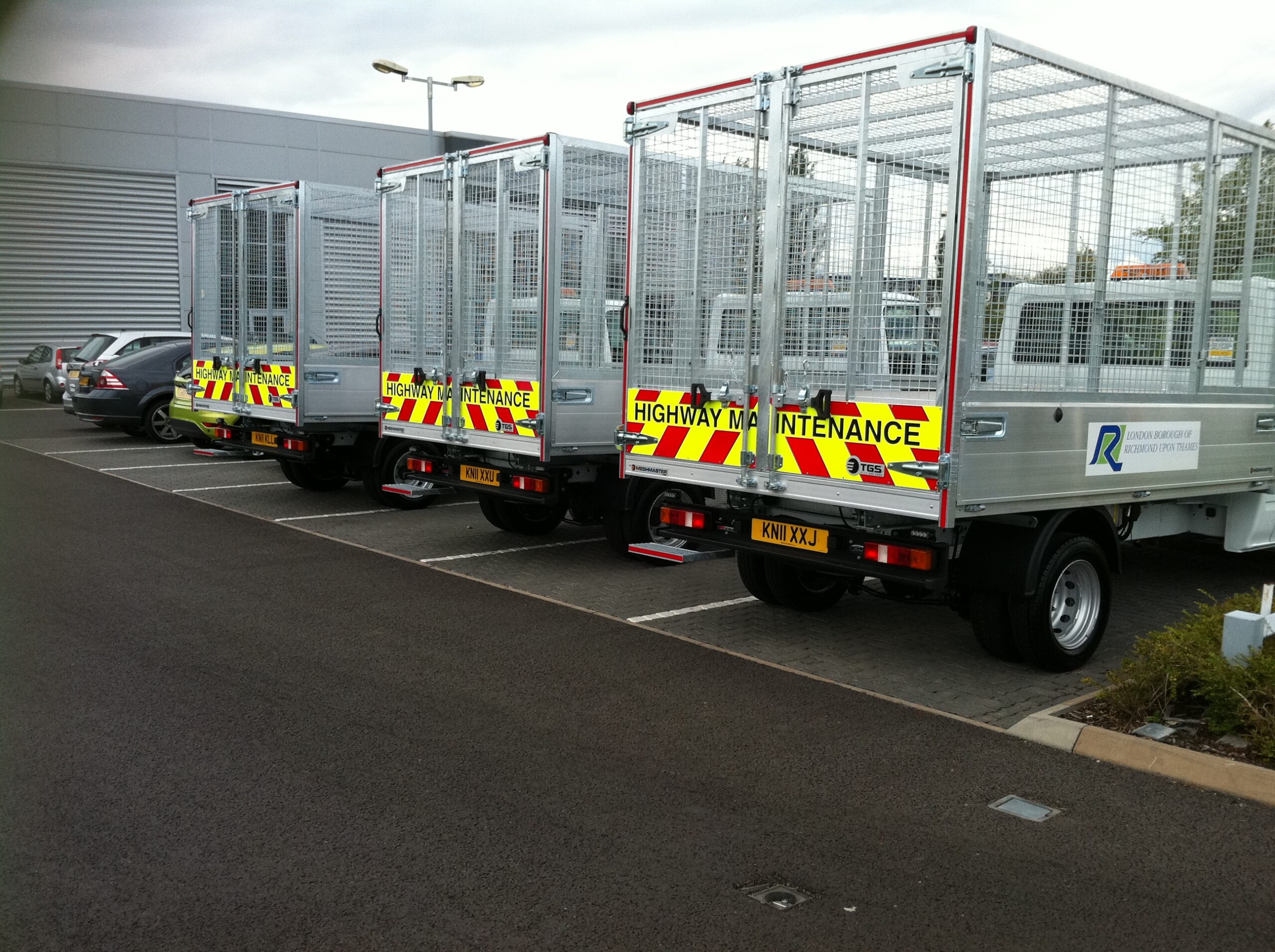
We are working with many councils to conserve water in the landscape. As an ISO 14001-certified contractor, we support our clients’ efforts to minimise the use of drinkable water for processes which do not require the quality of the water for human consumption.
Working with the City of Westminster Council we have designed the seasonal bedding around plants that are not heavily dependent on irrigation and once established can go for long periods without water. We are also assisting Westminster in moving to sustainable bedding schemes, herbaceous plants and perennial plants suited to the site.
Where watering does take place, it is primarily for the seasonal bedding and newly planted shrubs. Use of leaky hoses eliminates loss of water from evaporation and applies the water to the areas where it’s needed most. We also have three 1000-litre rainwater tanks to harvest rain from our buildings’ roofs, which then supply the water for bedding plants when they arrive and before planting out.
Two of the parks, Rembrant and Violet Hill Gardens, both with public conveniences, have a system that saves rain water harvested from the roof, in stored underground water tanks which is pumped on demand to flush the toilets and urinals. The rainwater tank at Rembrandt Gardens has been hidden behind a series of raised beds.
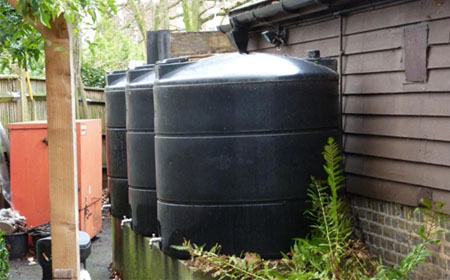
Our in-house compliance team manages systems certified against the internationally-recognised ISO 9001 (quality management), ISO 14001 (environmental management), OHSAS 18001 (occupational safety) and ISO 50001 (energy saving) standards. Our systems are bespoke to both the industry and to our clients. Having two occupational safety professionals within our organisation ensures that our clients receive the highest standards of health, safety and welfare support. Our environmental specialist ensures a holistic view of occupational and environmental safety is considered. The compliance team have secured the RoSPA Gold Award for Occupational Safety in every year from 2015 to date, confirming that our safety systems are among the best in the industry.
Compliance Initiatives
Continental Landscapes has a long history of developing performance initiatives in partnership with their clients to ensure that services are constantly reviewed and improvement measures put in place. Our local and national management teams have a number of critical skills that drive this improvement, from transport management, development and implementation of bespoke ICT solutions, occupational safety and environmental management. These skills are tied together with our management systems, based around the ISO principles of continuous improvement, using a plan – do – check – act cycle to look for ways of improving performance and systems on an on-going basis.
Health and Safety Campaigns
Our bespoke safety systems are customised to the requirements of each client, and by having dedicated, qualified safety professionals directly employed, we have the flexibility to dedicate time and resources as required, at any time, and these professionals advise and champion a positive safety culture based on continual improvement. Our safety systems are independently verified as meeting international standards, providing confidence that we meet legislative and best practice requirements.
Professional Service Partners
We retain the services of key organisations who add value to the services we deliver, and ensure that legal compliance is fully managed and maintained, for us and our clients.
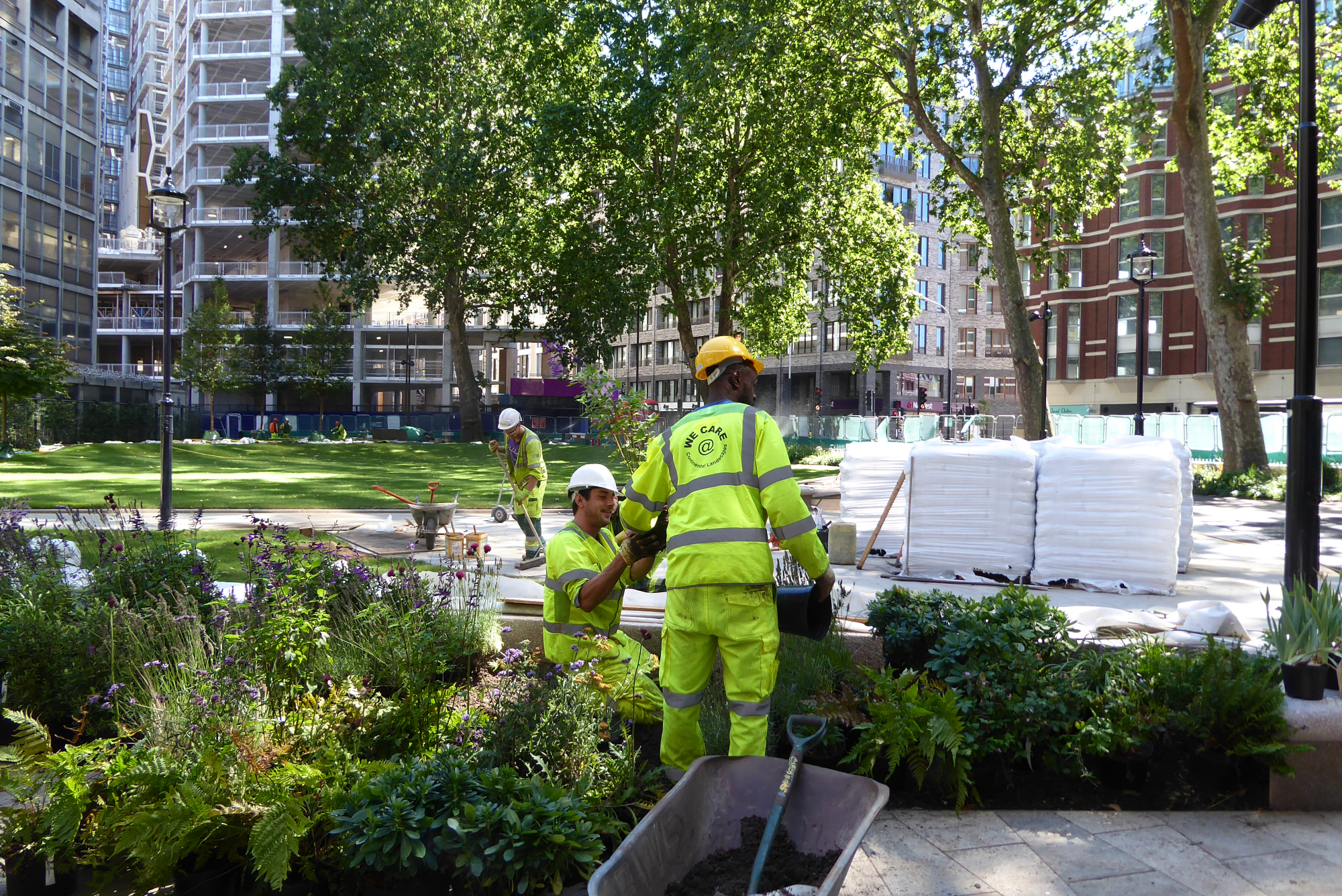
The statistics are calculated using the snap shot date 5th April 2023.
Our mean and median gender pay gap is negative so on average women are paid more than men. However, men and women doing equivalent jobs are paid the same.
Factors influencing our results are:
Our pay quartile disclosures show an average male to female ratio of 95:5. We have split our workforce into 4 quartiles ranked by employees hourly rates. The majority of women are in the top 2 quartiles. This was expected due to the mainly management and administrative roles they undertake.
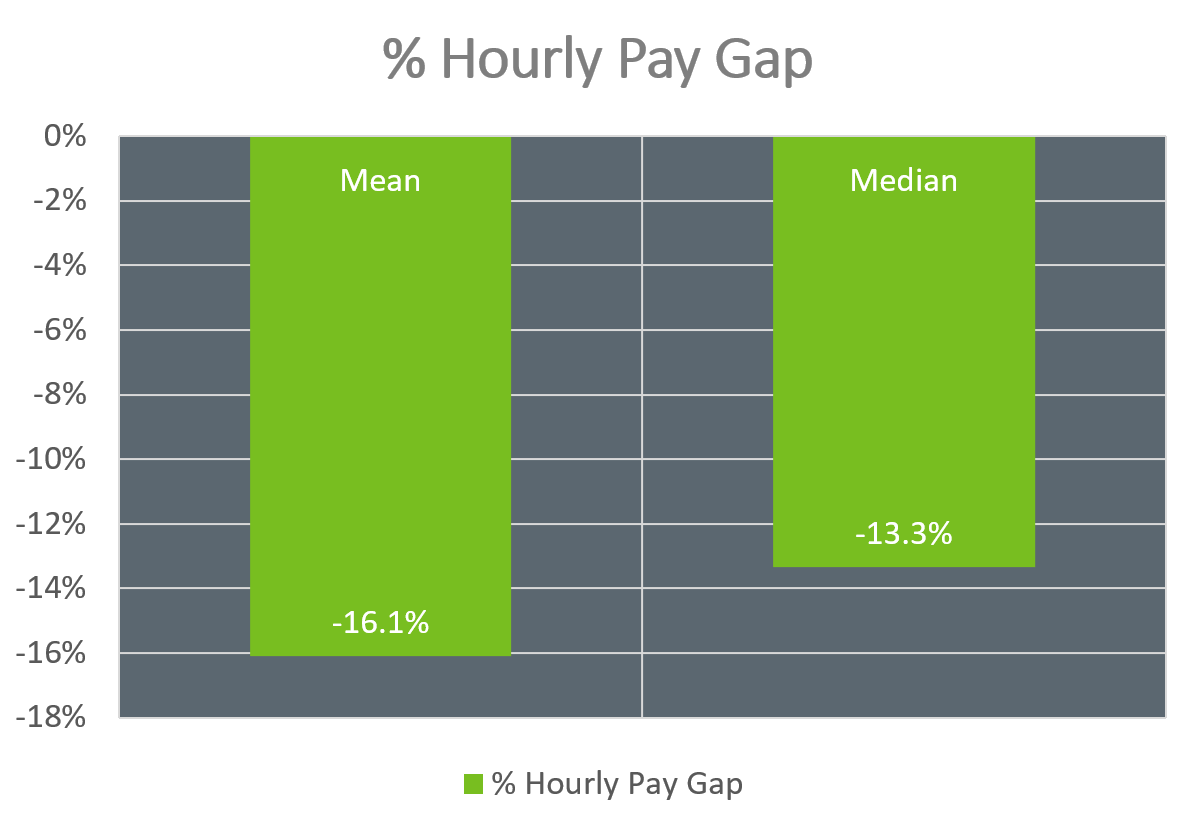
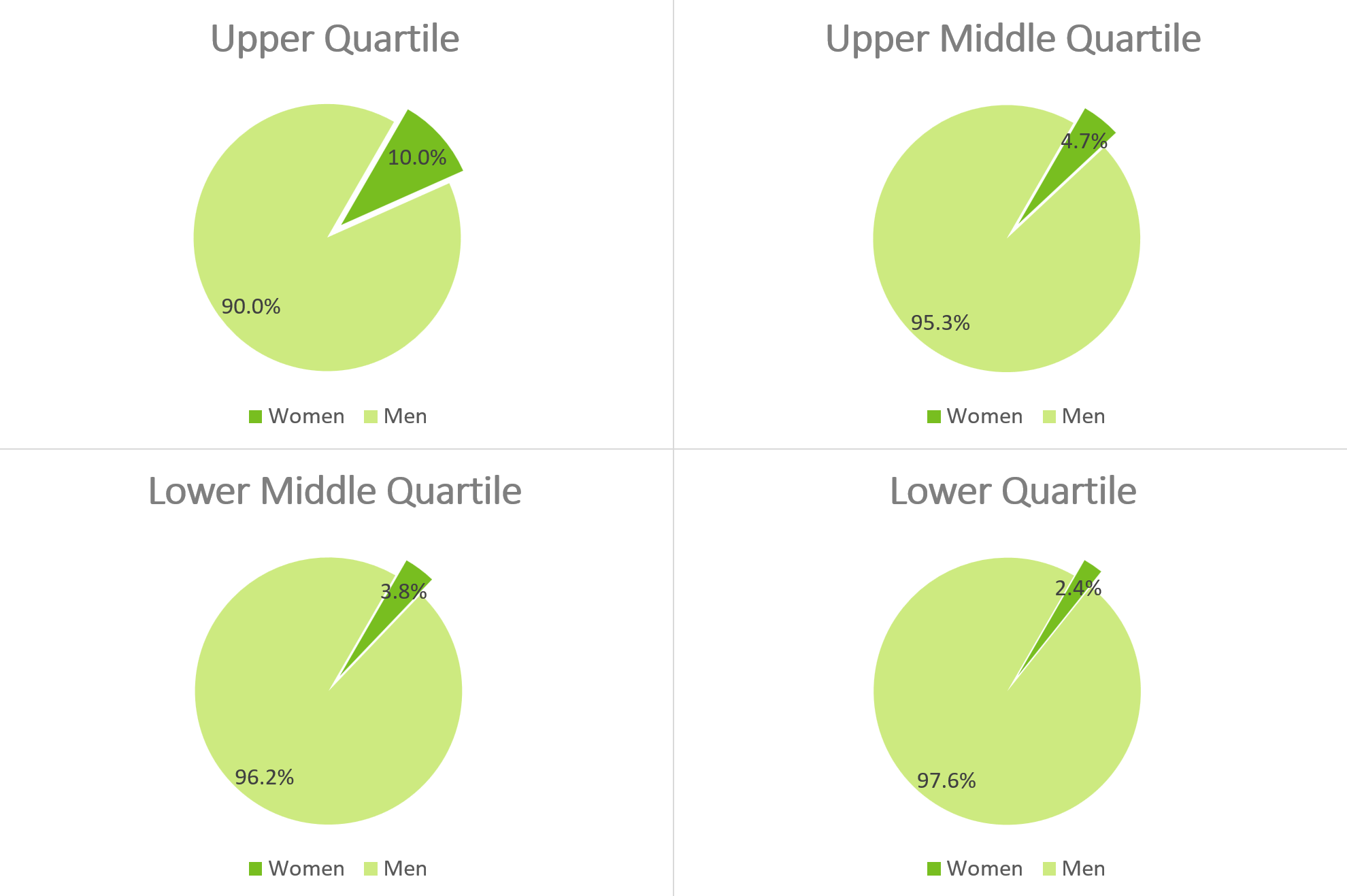

Purpose
This statement establishes the company’s commitment to preventing modern slavery and human trafficking from
taking place within its business and supply chain.
Structure and supply chains
Continental Landscapes is the only UK subsidiary of the Krinkels Group and delivers grounds maintenance and street
cleansing services to public and private sector clients. The company’s procurement activities are mainly focussed on
vehicles, machinery, fuel and horticultural supplies. Our suppliers range from large corporations to small suppliers
local to our operations. The vast majority of our suppliers are based in the UK.
Policy
Implementing thorough processes for recruitment and supply chain management removes the risk of an incident of
modern slavery or human traffic occurring. We have a zero tolerance approach to modern slavery and human
trafficking and expect all of our employees and supply chain partners to have the same approach. The company
always seeks continuous improvement and our approach to modern slavery and human trafficking will be reviewed
regularly. Any opportunity to improve our policy will be implemented.
Identification of risk
Continental Landscapes employees approximately 900 people across the UK. They all have contracts of employment
and are required to submit all appropriate personal information to set them up as an employee. This includes right to
work evidence in line with government guidance. The Company is compliant with all other legislative requirements
including the National Minimum Wage and the National Living Wage.
Suppliers to Continental Landscapes have all been through the company’s approval process.
Implementation
The following is in place to assist the Company in achieving its objective to prevent modern slavery and human
trafficking:
Responsibilities
The Executive Directors will communicate this statement to our employees, supply chain partners and other
interested parties. They will also monitor the implementation of the Company’s processes to ensure their consistent
and effective application to prevent incidents of modern slavery and human trafficking in the Company and its supply
chains.
Swipe
Who We
Work With

